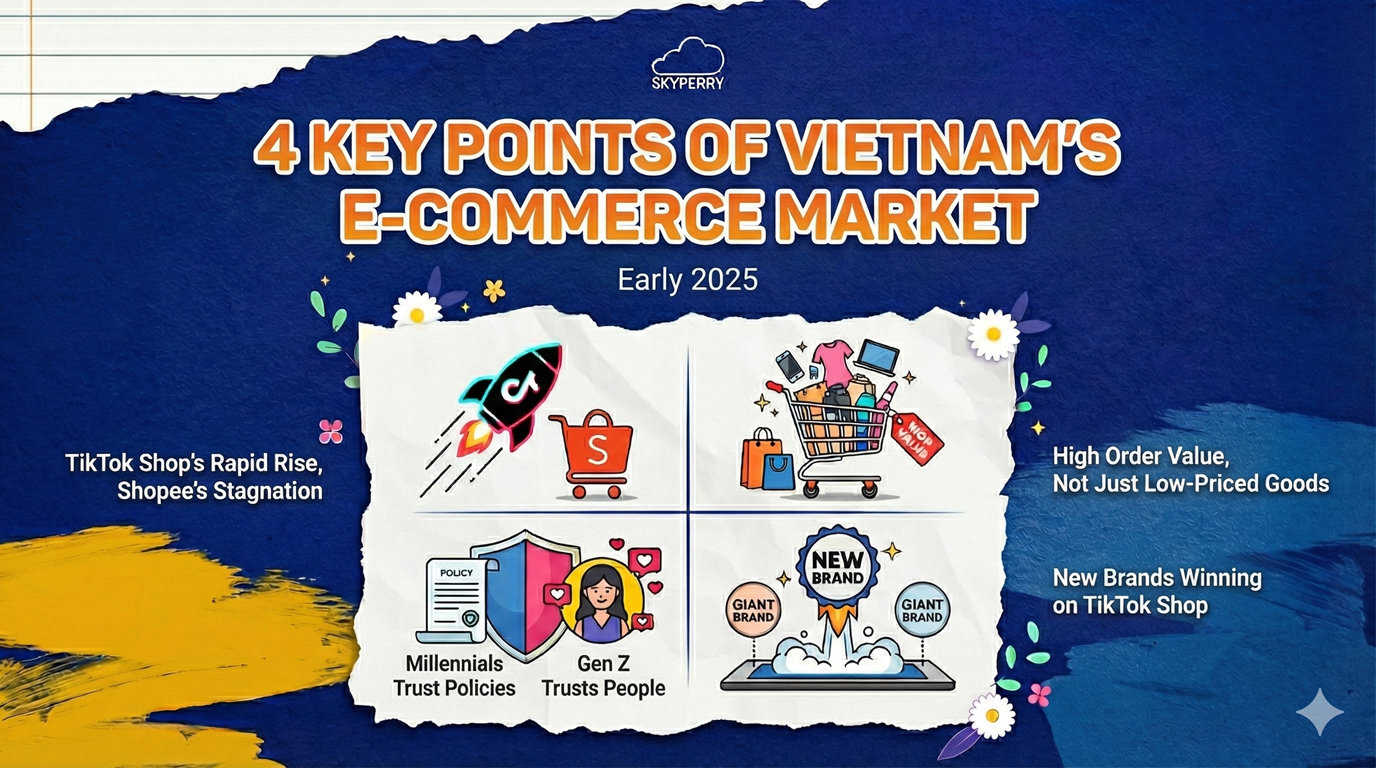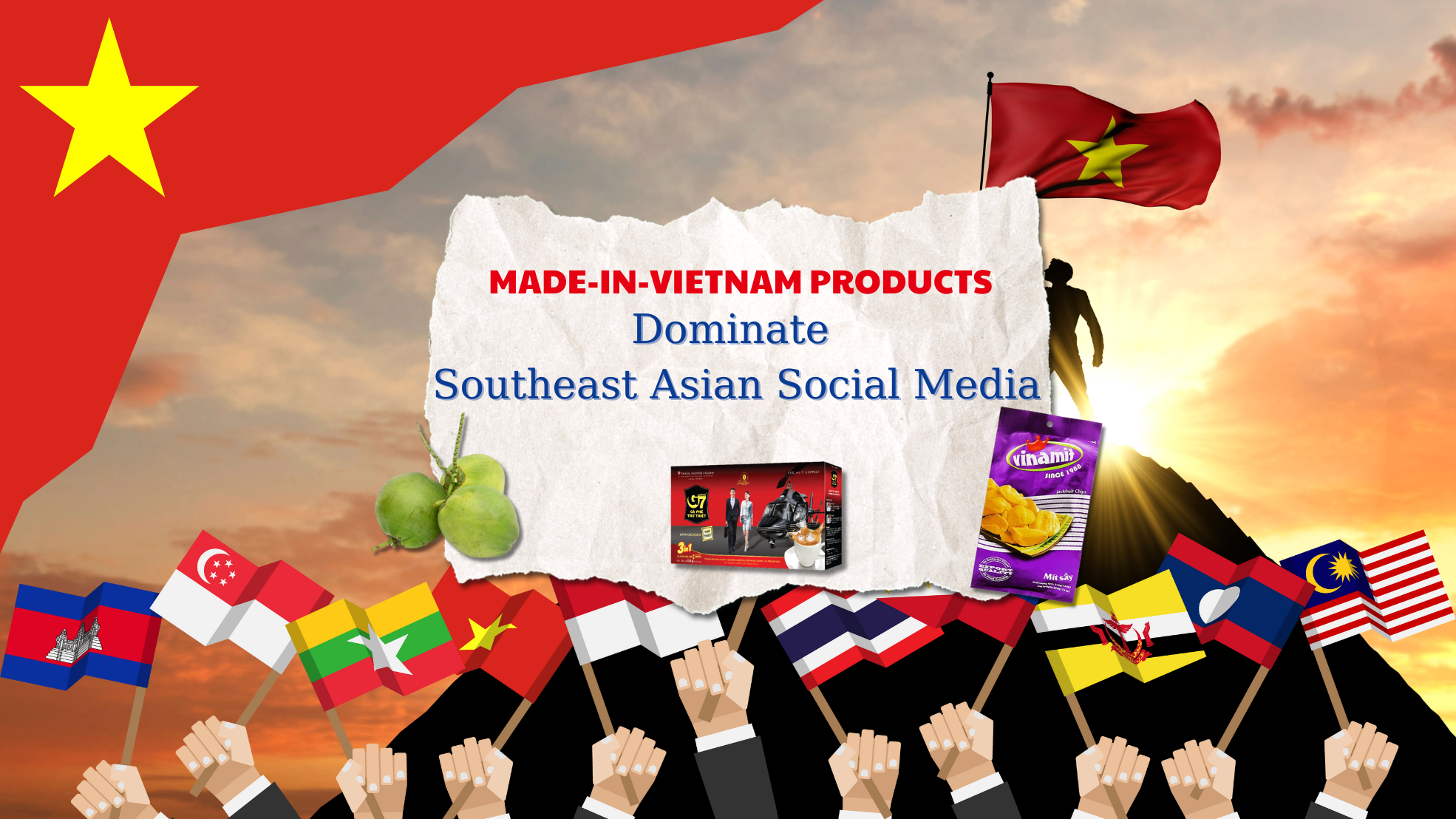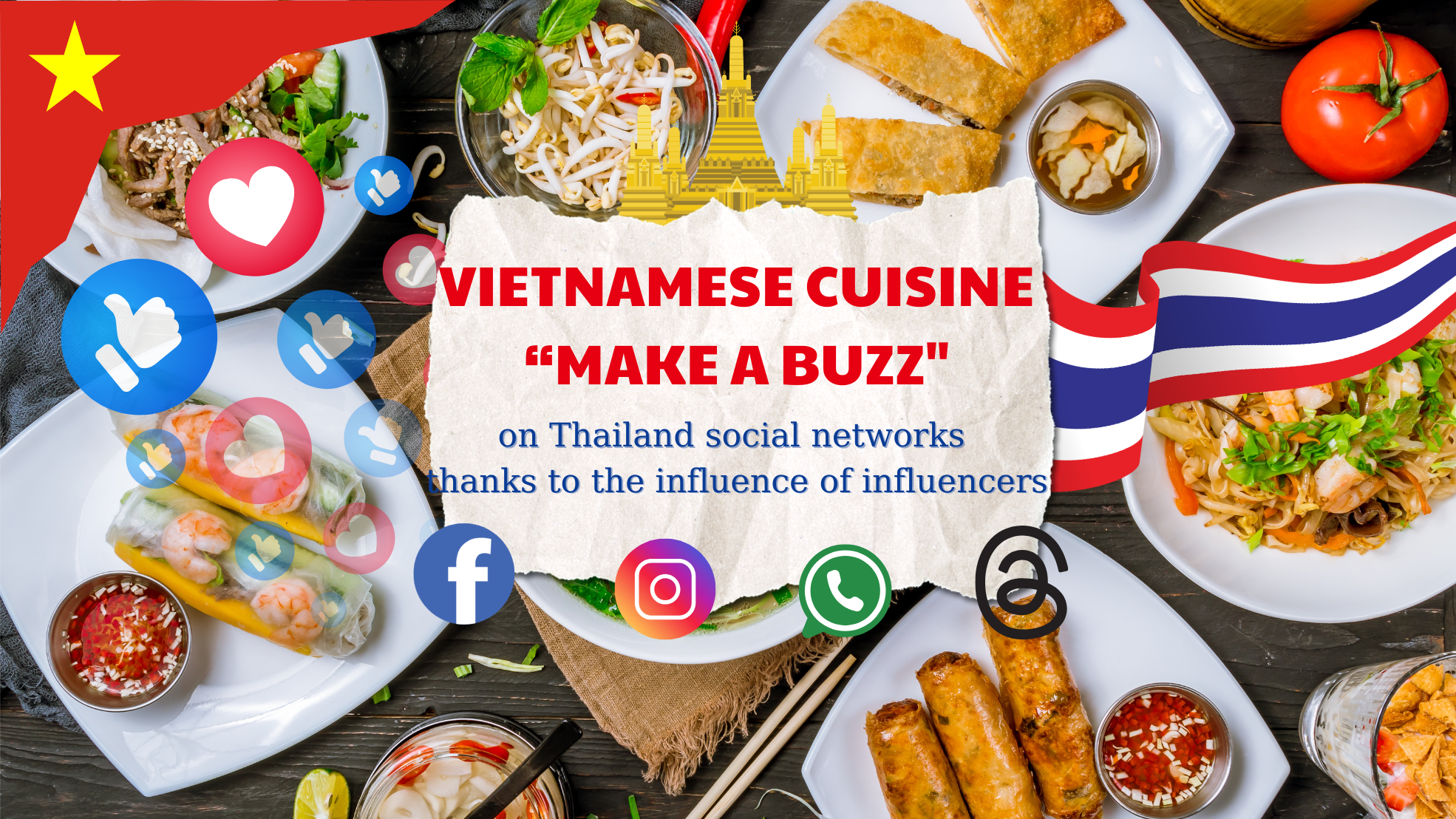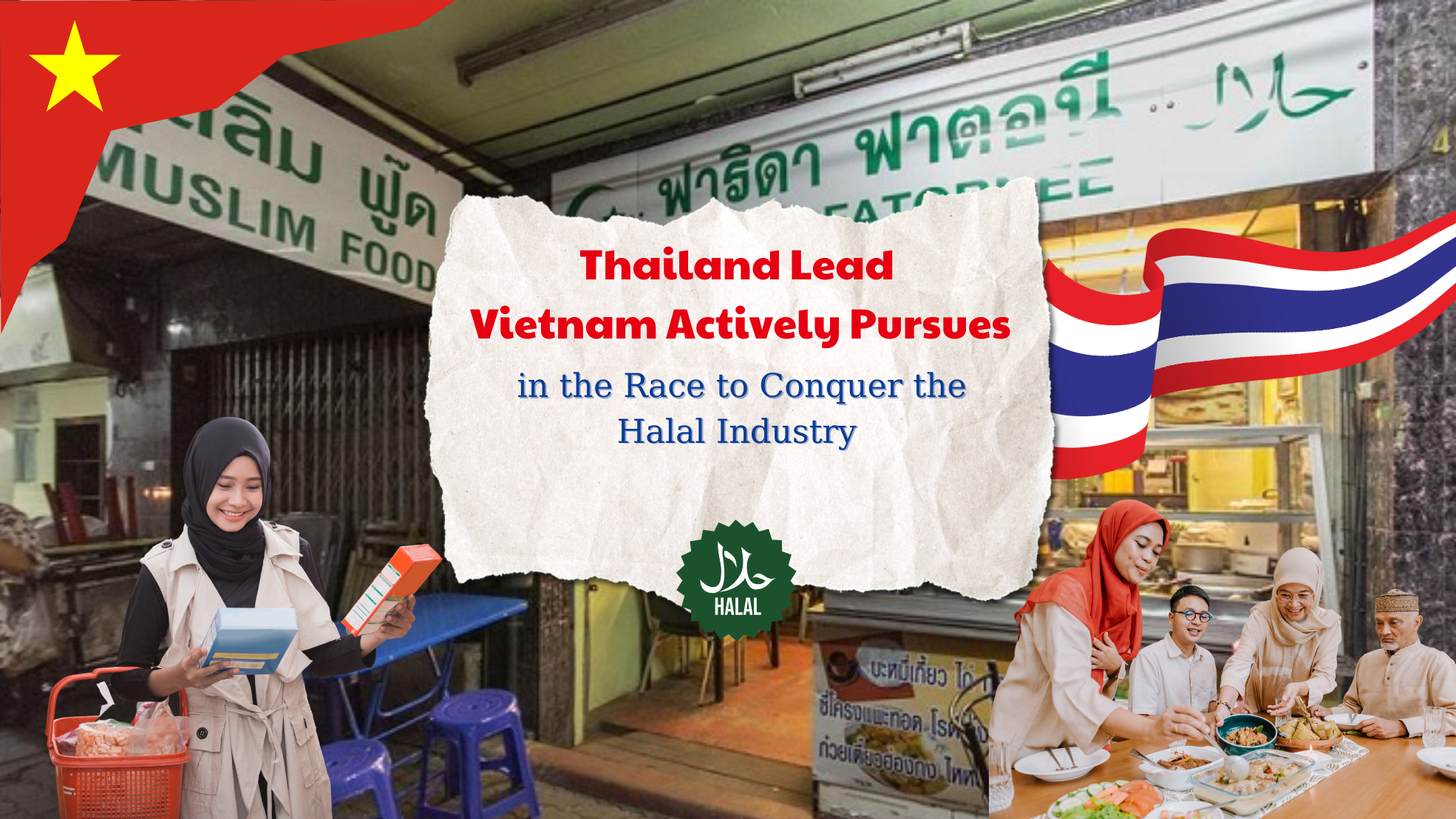In 2025, the upgraded ATIGA agreement will be signed and implemented by ASEAN countries in their free trade agreements. The upgraded agreement will include provisions on promoting e-commerce between countries in the region and, in particular, further encourage small and micro enterprises to participate in ASEAN’s cross-border market.
Policy support, along with recent shifts in consumer tastes, is opening up many opportunities in the Indonesian market for Vietnamese businesses of all sizes.
Goods Imported Duty-Free
Under the framework of free trade agreements that both sides have joined, such as ATIGA and RCEP, Indonesia allows the duty-free import of certain Vietnamese goods with low or zero tariffs.
Among the goods imported duty-free, food is the most prominent sector, with a diverse range of products such as coffee, cashew nuts, beverages, instant noodles, packaged foods, fresh or processed fruits, sauces, spices, and snacks. Additionally, apparel, fashion items, and bamboo products are also popular in this market.
Indonesia has a significant demand for high-quality processed foods and environmentally friendly furniture. These are also two sectors where Vietnam has strengths due to its processing technology, high-quality raw material areas, and particularly competitive costs.
However, agricultural and food products must comply with SNI standards and food safety requirements. Additionally, food products need Halal certification to reach the large Muslim community and must have labels in Bahasa Indonesia.
Health Awareness Trend Aligns with Vietnam’s Strengths
The expansion of the middle class, coupled with the post-Covid effect, has led to an increasingly strong consumer trend towards healthy lifestyles in Indonesia.
In terms of food, the people of the archipelago traditionally enjoy the rich, strong flavors of heavily sauced dishes and meats, or sweet snacks. However, recently, many are shifting towards healthier eating habits. This is primarily reflected in the increasing sales of organic food products, fresh produce, and low-sugar options.
Vietnamese cuisine is already positioned as a healthy option in Indonesia, with its emphasis on vegetables and less seasoning. Our cuisine is well-liked and quite popular in shopping centers in Jakarta. Vietnamese brands can leverage this existing perception among the local population to introduce fresh and processed agricultural products suitable for a healthy lifestyle, which is one of our strengths.
The market is also witnessing a growing number of fitness centers, yoga studios, and wellness centers appearing in the capital, Jakarta. This reflects the growing trend of young people who enjoy exercise and are concerned about their physical well-being. This also presents an opportunity for Vietnamese sportswear brands, thanks to their good quality and reasonable prices. Vietnam’s textile and garment industry already has a strong presence in the Indonesian market, with many fabric materials being imported into the country.
The Development of E-commerce and the Social Commerce Trend in 2025
The size of Indonesia’s e-commerce industry is equivalent to the combined size of Vietnam, Thailand, and Indonesia. Furthermore, this sector is also contributed to by a very large network of KOLs (Key Opinion Leaders) across various industries in the country. Indonesia has KOLs of all sizes, creating all types of content, and brands have countless collaboration options with this group. The sheer size of this network is the main driver behind the strong social commerce trend in 2024.
E-commerce platforms are also diverse, ranging from domestic to international, and have specific characteristics that suit the geography and economy of different regions in Indonesia. While TikTok Shop and Shopee Live compete in live selling programs, Tokopedia is for domestic Indonesian brands, Bukalapak caters to smaller cities and rural areas, and Blibli is for high-end products.
Thanks to the vibrant KOL network and the clear segmentation of e-commerce platforms, Vietnamese businesses actually have many suitable options, depending on their resources, to choose the right approach for online channels in Indonesia. The Indonesian market has clear segmentation between consumer classes and geographical regions, so we have many choices to deploy e-commerce combined with KOLs at a scale appropriate to each business’s resources.
SEA Commerce Program Helps Vietnamese Goods Reach Indonesian Consumers
Based on its existing KOL network in Indonesia and its ability to design comprehensive marketing programs, SKYPERRY introduces the SEA Commerce program to help Vietnamese manufacturers easily bring their goods to the Indonesian market. For the first time, Vietnamese businesses receive comprehensive support from sales to marketing in the foreign market, including import-export, comprehensive marketing, sales through the KOL network, and order fulfillment.
For more detailed information, please contact SKYPERRY here:



